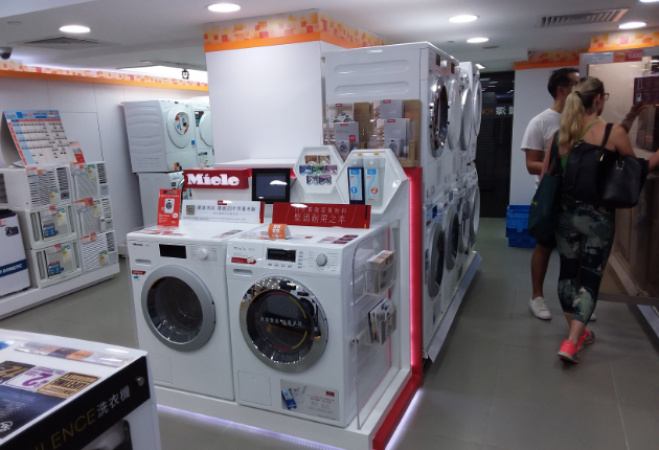
UK: In order to prevent overloading the power grid, Poland's national grid operator has urged households to avoid using electric heaters and washing machines in the evenings. Other nations have given similar recommendations as the EU gets used to living without Russian gas.
Peak energy hours are defined as 6 p.m. to 9 p.m. by PSE, a state-owned company that is the sole operator of Poland's national grid. According to the company's website, increased demand during these hours forces the grid to "operate at the highest capacity" and with the least eco-friendly coal-fired plants because energy supplies are "very tight."
PSE's website requests that households turn off unnecessary lighting, lower the temperature of electric heaters, and refrain from using "energy-intensive devices" like washing machines, kettles, microwaves, and ovens at these times in order to lessen the load.
The Polish government has been trying to get its people to use less energy ever since Warsaw imposed sanctions on Moscow and cut itself off from Russian energy imports. The PSE's advice is the most recent attempt at this. According to data from the Polish think tank Forum Energii, Poland imported 46% of its petrol, 65% of its oil, and 15% of its coal from Russia before the start of Moscow's military operation in Ukraine last February.
One of the most ardent supporters of Kiev in Europe has been Warsaw, which was among the first to forbid the import of Russian fossil fuels. At the time, Anna Moskva, the minister of the environment and climate in Poland, asserted that her country was "energy secure and does not have to and will not submit to Russian gas blackmail."
Also Read: The head of the school resigned after calling Ukrainian refugees "privileged robbers."
However, Poland's domestic energy costs doubled between February and September of last year, and prices weren't capped until the government stepped in in October. However, despite the State bearing the expense, inflation last month hit a 16-year high of 18.4%, according to state data.
In January, Poland's state railway company raised prices to reflect higher energy costs, and over the winter, local governments have been turning off street lights and early closing public buildings.
Also Read: Criticism of France's "excessive force" used to suppress protests
Poland's efforts to reduce energy use have been imitated in other EU nations. Germans, who up until last year were heavily reliant on Russian gas, have been urged to take fewer showers and lower their thermostat settings. Politicians in France have urged the populace to dress in heavier clothing and practise energy "sobriety."
The switch to less dependable green power sources has made the energy shortage worse across the EU. Irish residents are currently being urged to refrain from using power-hungry appliances unless it is windy outside so that the state's turbine farms can meet the demand. A third of the country's power in Ireland was produced by wind last year.